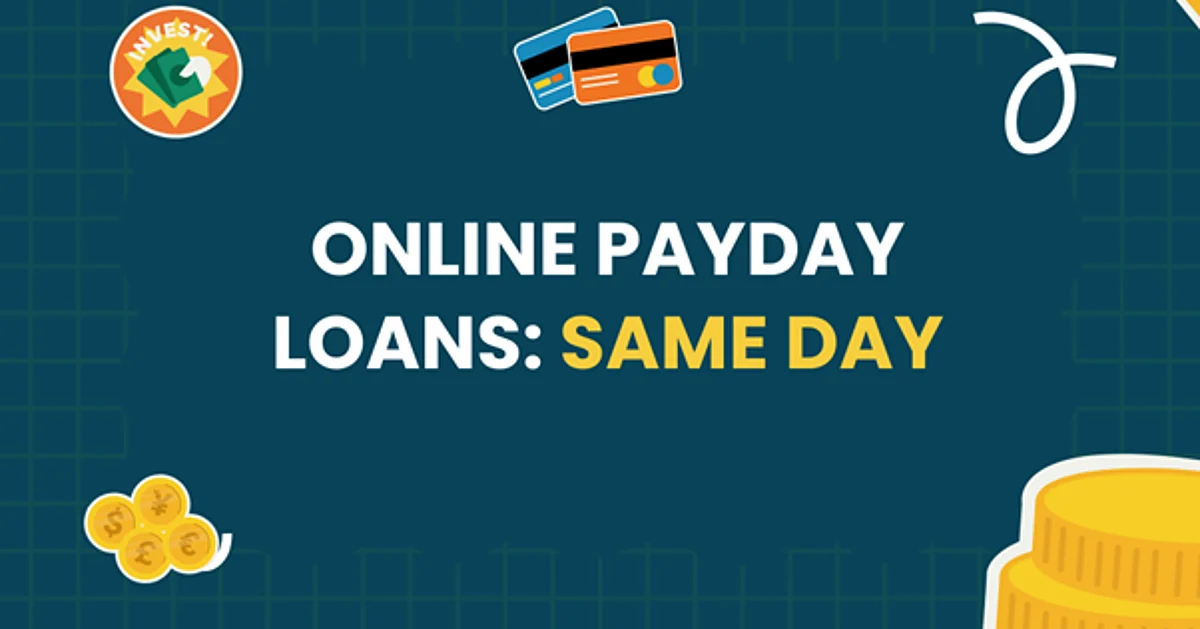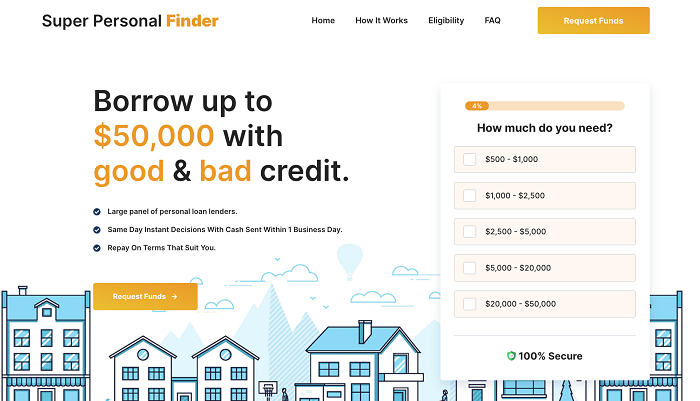Payday Loans No Credit Check Direct Lender

Desperate borrowers are increasingly turning to payday loans with no credit check from direct lenders, a trend raising alarms among consumer advocates due to potentially predatory practices. These loans, easily accessible online, promise quick cash but often trap individuals in cycles of debt.
This article examines the surge in demand for these loans, the risks involved, and the regulatory landscape surrounding them, providing crucial information for borrowers considering this option.
The Allure of Quick Cash
Payday loans no credit check direct lender offerings are attractive to individuals facing immediate financial needs. The process is streamlined, often requiring minimal documentation and promising near-instant approval.
Unlike traditional loans, these options bypass credit history checks, appealing to those with poor or no credit scores. This ease of access, however, comes at a steep price.
Exorbitant Interest Rates and Fees
The primary danger lies in the exceptionally high interest rates. According to the Consumer Financial Protection Bureau (CFPB), annual percentage rates (APRs) on payday loans can range from 300% to over 700%.
These rates are significantly higher than those of traditional loans or credit cards. Borrowers also face additional fees, such as origination fees, late payment penalties, and rollover charges, further increasing the overall cost.
The Cycle of Debt
The short repayment terms, typically two weeks or less, make it difficult for borrowers to repay the loan on time. Many are forced to rollover the loan, extending the due date but incurring additional fees.
This creates a cycle of debt, where borrowers are perpetually indebted to the lender. A report by the Center for Responsible Lending (CRL) found that the majority of payday loan borrowers end up paying more in fees than the original loan amount.
Who Are the Direct Lenders?
Direct lenders are companies that provide loans directly to borrowers, without involving intermediaries. While some are legitimate businesses, the payday loan industry is rife with unscrupulous actors.
Many operate online, making it difficult to track their activities and hold them accountable. Consumers must be wary of lenders who make unrealistic promises or pressure them into borrowing more than they need.
The Regulatory Landscape
The regulation of payday loans varies significantly by state. Some states have banned payday lending altogether, while others have implemented interest rate caps and other consumer protections.
At the federal level, the CFPB has attempted to establish national standards, but these efforts have faced legal challenges and political opposition. The current regulatory landscape remains fragmented and incomplete.
Warning Signs of Predatory Lending
Be cautious of lenders who: Guarantee approval regardless of credit history. Demand upfront fees before disbursing the loan.
Use aggressive or high-pressure sales tactics. Lack clear licensing or contact information.
Alternatives to Payday Loans
Explore alternatives before resorting to payday loans. These include: Borrowing from friends or family.
Seeking assistance from local charities or non-profit organizations. Negotiating payment plans with creditors. Consider a secured loan from a credit union.
CFPB Action and Consumer Advice
The CFPB continues to monitor the payday loan industry and take enforcement actions against lenders engaging in illegal practices. The bureau advises consumers to carefully review the terms of any loan before signing and to be aware of their rights.
Consumers can file complaints with the CFPB if they believe they have been victimized by a predatory lender. The Federal Trade Commission (FTC) also offers resources and information on avoiding scams.
Next Steps for Borrowers
If you are currently struggling with a payday loan, seek help from a credit counseling agency. These agencies can provide debt management advice and negotiate with lenders on your behalf.
Consider exploring debt consolidation options to lower your interest rates and simplify your payments. Knowledge is your best defense against predatory lending practices.












![Payday Loans No Credit Check Direct Lender 1 Hour Payday Loans No Credit Check | [year] Guide](https://avocadoughtoast.com/wp-content/uploads/2022/02/1-Hour-Payday-Loans-No-Credit-Check.png)





